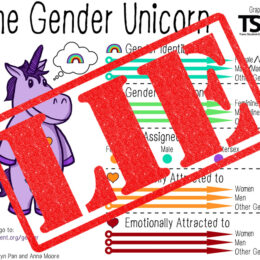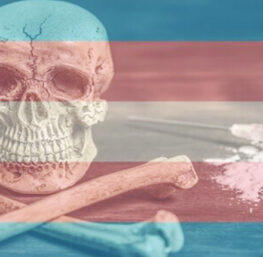LifeNews.com | Wesley J. Smith | Nov. 6, 2008
I am having trouble keeping up: Every day now almost, it is one once unthinkable thing after another. In the UK, a woman tried to commit suicide by swallowing anti-freeze, and doctors refused to save her!
From the story:
Kerrie Wooltorton arrived fully conscious in hospital clutching a ‘living will’ in which she stated she did not want to be saved and was ‘100 per cent aware of the consequences’. The former charity shop worker called an ambulance after drinking the anti-freeze at her flat…
Consultant renal physician Alexander Heaton Alexander Heaton told the inquest in Norwich that the hospital’s medical director and legal adviser informed him Miss Wooltorton clearly had the mental capacity to make the decision about her treatment…”She had made them abundantly clear and I was content that that was the case. It’s a horrible thing to have to do but I felt I had not alternative but to go with her wishes. Nobody wants to let a young lady die.”
Well, then why prevent a person from jumping off a bridge? Indeed, why not just get it over with and set up the euthanasia clinics to make sure nobody is hurt by jumpers! Remember the death of E.G. Robinson’s character in Soylent Green at the death center? It’s almost not science fiction anymore.
This is runaway terminal nonjudgmentalism. We are so lost in the fog of relativism and amorality that we can’t even save suicidal people’s lives anymore.
Indeed, we have gotten to the point that some families think it is their duty to help suicidal loved ones kill themselves, vividly in a tragic case, again out of the UK.
After Daniel James became paralyzed, he wanted to kill himself—and was taken by his parents to Switzerland for an assisted suicide with the help of a suicide group called Dignitas.
The case has been seized by euthanasia proponents as a cause célèbre for legalizing assisted suicide, aided by his grieving parents aggressive self justifications in the media, for example, claiming that “nobody but nobody should judge him.”
Absolutely . James was lost in the labyrinth of catastrophic despair. He should neither be judged nor condemned.
But that does not mean that we should allow ourselves to be bullied into silence. We can, nay must , draw conclusions about how those involved in this tragedy behaved. For it isn’t being suicidal that is the moral problem—none of us can know if we might not one day fall prey to such existential despair—it is the alarming changes in how we react to suicidal desires that we must urgently face.
Dignitas, the Swiss suicide facilitating organization, is the worst. These ideologues are paid to assist suicides of people who are dying, who have disabilities, and thanks to a Swiss Supreme Court ruling, will soon be legally able to assist the suicides of the mentally ill. They are utterly culpable morally.
We can also, I think, condemn the media that is using cases like Daniels as one big Oprah show. Oprahtization is about making people feel good about whatever they do, and in that unprinciplism (if you will) are sown the seeds of individual and societal destruction.
Daniel’s parents are a more difficult matter. No one can be unmoved by the deep anguish they must have felt in seeing their son in such howling grief–and their grief today at his death. But while we certainly cannot judge them–as in saying they are horrible people, clearly they are not–we must not condone their actions.
Moreover, it seems fair to ask some questions: Did they seek psychiatric help for him with specialists who deal with the wrenching adjustments sudden paralysis involves? Did they contact disability rights groups who could have had people with similar injuries visit with Daniel to help him understand that life with disabilities can be very good? Did they know that studies have shown that the levels of depression of people who become paralyzed later in life–five years post injury–become the same levels as those of people who are able bodied? These questions are important—not to find ammunition to use against the parents—but to bring the full picture into the public eye in the hope others in similar situations can benefit.
It strikes me forcefully that Kerrie and Daniel were literally abandoned to death by well meaning and loving people who thought they were doing the right things by them. This is what advocacy for the death culture is making of us. And so the foundations crumble.
. . . more



